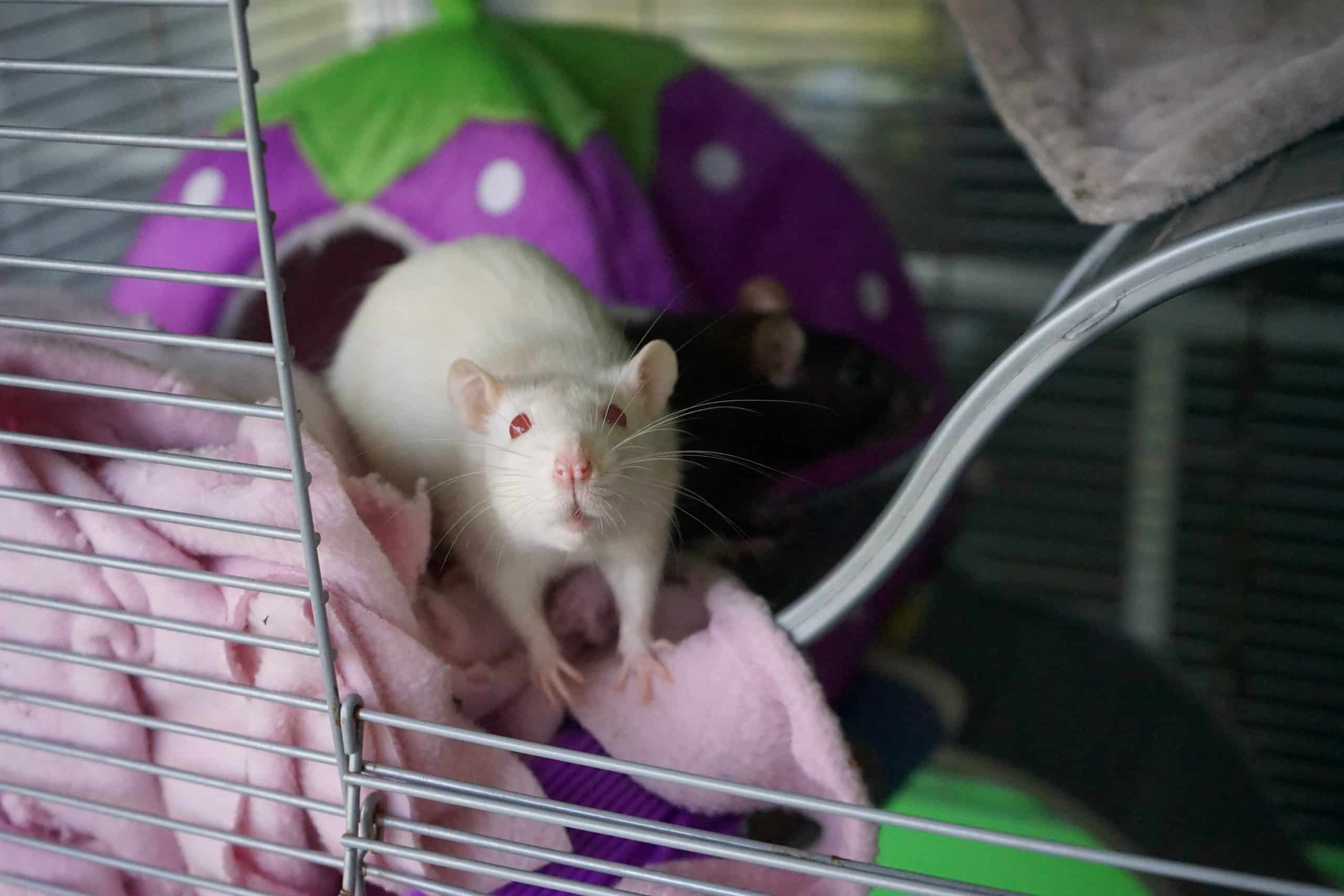How to choose the right type of mouse or rat as a pet?

Choosing the perfect small animal companion involves more than falling for a pair of beady eyes and a twitching nose. Rats and mice, although similar, present distinct experiences as pets. As you consider welcoming one of these rodents into your home, it’s essential to ponder not only the joy they’ll bring but also the responsibilities they entail. This guide will help you navigate the nuances of rodent care, ensuring that your choice is informed, compassionate, and suited to your lifestyle.
Understanding Rat and Mouse Basics
Before deciding on a pet rat or mouse, it’s important to understand their basic needs and natural behaviors. Both rats and mice are intelligent, social animals that thrive on interaction and enrichment. However, they differ in size, lifespan, and social needs, which will influence your decision-making process.
Also to discover : What are the signs of a happy bird?
Rat: The Social Companion
Rats are larger than mice and typically have a more social and affectionate nature towards humans. They require companionship, so it’s often recommended to keep them in pairs or groups. A rat’s life expectancy ranges from 2 to 3 years, and during this time, they need a spacious cage, regular interaction, and mental stimulation.
Mouse: The Independent Explorer
Mice, on the other hand, are smaller and can be a bit more independent. Male mice tend to live happily alone, while females may prefer the company of other mice. Their lifespan is slightly shorter than that of rats, averaging around 1 to 2 years. Mice are nimble and curious, requiring a secure environment that prevents them from escaping and satisfies their need to climb and explore.
Also read : How to safely bathe your cat?
Choosing the Right Cage and Environment
The cage is the cornerstone of your pet’s well-being. It serves as their home, playground, and safe space. Therefore, selecting the right cage and environment is pivotal in ensuring your pet’s health and happiness.
Rat Cages: Room to Roam
For rats, a multi-level cage with plenty of space to roam is ideal. Rats love to climb and explore, so vertical space is just as important as the floor area. A solid flooring is recommended to protect their delicate feet from injury. When choosing a cage, ensure it has narrow bar spacing to prevent escapes and is made of durable materials that can withstand a rat’s strong teeth.
Mouse Cages: Secure and Stimulating
Mice, with their smaller size, can escape through tiny gaps, making bar spacing a critical consideration. A secure tank or a cage with very narrow bars is necessary to keep your mouse safe. Mice also require a variety of toys and tunnels to satisfy their need to burrow and climb. Despite their size, don’t underestimate their need for space. A larger cage affords them the opportunity for exercise and exploration.
The Importance of Proper Bedding
Bedding is not just about keeping your pet’s cage clean; it plays a significant role in their overall health. The right bedding material provides comfort, absorbs odors, and can help prevent respiratory issues, a common concern in rodents.
Absorbent and Dust-Free
For both rats and mice, bedding should be absorbent and as dust-free as possible. Recycled paper products, aspen shavings, and certain commercial bedding are good choices. Avoid cedar and pine shavings, as the oils they contain can be harmful to your pet’s respiratory system.
Easy to Clean
Your chosen bedding should also be easy to clean to maintain a hygienic environment. Frequent bedding changes are necessary to keep ammonia levels low and your pet healthy. Beware of scented bedding, as it can mask odors without addressing cleanliness and may irritate your pet’s sensitive nose.
Nutrition and Health Care Needs
A balanced diet and proper health care are vital components of keeping your pet rat or mouse in top condition. Understanding their specific needs ensures a long, happy life for your furry friend.
A Balanced Diet for Rodents
Both rats and mice require a balanced diet consisting of commercial pellets formulated for their species, fresh fruits and vegetables, and occasional treats. Ensure that food is fresh and water is available at all times.
Veterinary Care and Health Checks
Regular veterinary check-ups with a rat specialist or small animal vet are crucial. Be vigilant for clinical signs of illness, such as changes in eating habits or behavior. Learn to do a basic physical examination yourself to catch potential health issues early.
Making the Right Choice
When the time comes to choose your pet, consider your lifestyle, time commitment, and what you’re looking for in a companion. Whether you opt for a rat’s sociable nature or a mouse’s independent streak, each species has unique qualities that make them endearing pets.
Assessing Your Readiness
Are you ready for the daily responsibilities of feeding, cleaning, and socializing? Can you commit to the potential two to three-year lifespan of a rat or one to two years for a mouse? Your answers will guide you in making a responsible decision.
Where to Adopt or Purchase
You can adopt rats or mice from shelters, rescue groups, or purchase them from reputable pet stores. Adoption offers the chance to provide a home for pets in need, while pet stores often have a variety of species and breeds.
Conclusion
Choosing the right mouse or rat as a pet requires thoughtful consideration of their species-specific needs, your personal preferences, and the commitment you’re willing to make. Whether you choose the companionship of a pet rat or the independent curiosity of a pet mouse, ensure that you’re prepared to provide a stimulating environment, proper nutrition, and attentive care. By understanding each animal’s unique requirements and ensuring you can meet them, you’ll create a harmonious bond with your new pet rodent. Remember, the joy of pet ownership is matched by the responsibility to their well-being. With careful selection and a commitment to their care, your pet rat or mouse will thrive as a cherished member of your family.
